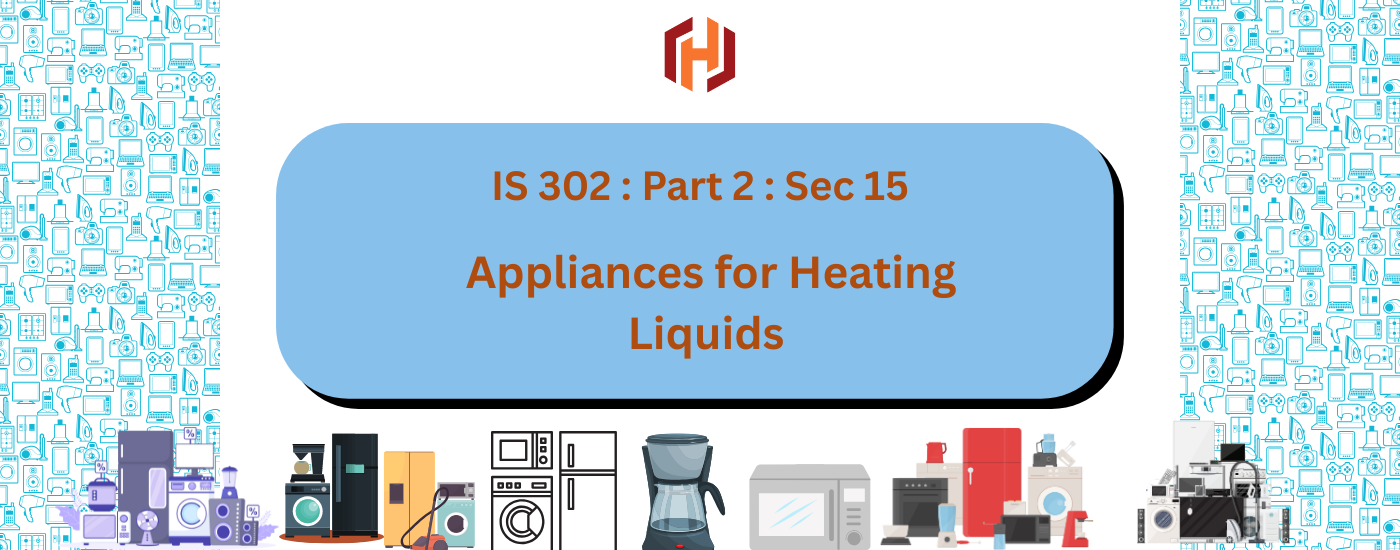
- Home
- About Us
- Service
- Domestic Electrical Appliances
- IT Equipment
- Automatic data processing machines
- Digital cameras
- Laptops Notebooks And Tablets
- Visual Display Units
- Wireless keyboards
- Video Monitor
- Cash registers
- Point of sale terminals
- ATM machines
- Mail Processing Machines
- Power bank
- Passport Reader
- Mobile phones
- Power Adaptor IT Equipments
- Smart card reader
- Copying machine
- Usb Hard Disks
- Smart watches
- Standalone Switch Mode Power Supplies
- Set top box
- CCTV cameras and recorders
- Scanners
- Environmental Test Facility
- Lamps Luminaries And Accessories
- Cells and Batteries
- Automotive components
- Photometry / Luminaries
- Audio Video Equipments
- Railway Structures & Components Testing
- HOUSE OF PRODUCT AND APPLIANCES TESTING
- Test Capabilities
- Tests & Facilities
- Environmental Testing
- EMI EMC Testing
- Energy Efficiency Testing of LED Bulb, LED TV, UHD TV
- High Voltage Testing
- Humidity Test
- ISTA – Packaging Testing
- Mechanical Testing
- Metallography and Metal Testing
- Performance of LED Lights
- Polymer Testing
- Surge and Impulse Test
- Analytical Testing
- Climate Test
- Dynamic & Reliability Testing
- Electrical & Electronic Testing
- Goniophotometer Test
- Integrated Sphere Test
- Life Test of Lamps
- Life Test of LED Lights
- Restriction of Hazardous Substances (ROHS)
- Safety of LED Lights & Luminaries
- Thermal Shock Testing
- Contact Us

Safety of Household and Similar Electrical Appliances: Appliances for Heating Liquids
A Deeper Look into the Standard
IS 302 : Part 2 : Sec 15 (First Revision) is derived from the internationally recognized IEC 60335 standard, harmonized for Indian conditions by the Bureau of Indian Standards (BIS). While IEC lays the global framework, the Indian adaptation considers local voltage fluctuations, climate conditions, and user behavior.
This means the testing done under IS 302 in India is not just a tick-box exercise — it’s a custom-tailored safety check for the unique realities of Indian households.
Hidden Risks in Everyday Appliances
Every time we pour hot water from an electric kettle or use a coffee machine before heading to work, we assume it’s safe. But beneath the sleek design and convenience lies a complex system of heating coils, wiring, insulation materials, and sensors.
If just one of these components fails, risks escalate:
- Overheating → fire hazards
- Weak insulation → electric shock
- Poor thermal cut-off → boiling accidents
- Mechanical weakness → appliance breakdown
That’s why compliance with IS 302 : Part 2 : Sec 15 is not optional — it’s life-saving.
How House of Testing Raises the Bar
Unlike conventional labs, House of Testing adopts a multi-dimensional testing philosophy. We don’t just check if a product passes — we analyze how it performs under extreme real-life conditions.
Advanced Testing Highlights
- Electrical Shock Protection: Ensuring no live parts can accidentally touch the user.
- Thermal Runaway Simulation: Replicating overheating scenarios to test automatic cut-offs.
- Endurance Cycles: Appliances undergo thousands of simulated uses to prove longevity.
- Drop & Mechanical Shock Testing: Verifying appliances can withstand accidental falls.
- Abnormal Operation Tests: Stress tests where devices are run under incorrect conditions to evaluate safety margins.
This intense and holistic evaluation ensures only truly safe products earn compliance.
Why Manufacturers Can’t Ignore This!
India’s appliance market is booming — projected to grow to $100 billion+ by 2030. But this growth comes with increased scrutiny from regulators and consumers alike.
Without IS 302 compliance, manufacturers risk:
- Product recalls that cost millions
- Import/export restrictions from BIS and customs
- Legal liabilities for accidents or hazards
- Consumer backlash on social media, tarnishing brand reputation
For a brand, failing compliance is not just a technical issue — it’s a business survival issue.
Global Relevance of IS 302 Compliance
Compliance with IS 302 doesn’t just open doors in India; it sets the stage for global market expansion. Many countries recognize BIS certification as a benchmark of quality and safety, making exports easier.
With House of Testing- Best NABL/BIS lab in Noida, manufacturers can align their appliances with both IS 302 and IEC standards, creating a seamless entry into European, Middle Eastern, and Asian markets.
Case Study: The Impact of Testing
Imagine two kettle manufacturers:
- Brand A skips proper testing. Their kettles hit the market quickly but soon reports of shocks and overheating flood in. Retailers withdraw stock, BIS bans sales, and consumer trust collapses.
- Brand B partners with House of Testing. Their kettles undergo full IS 302 testing. The result? Zero incidents, BIS-certified trust, and the ability to market their products as “Tested & Safe” — a competitive advantage.
The difference? One chose compliance, the other chose shortcuts.
House of Testing: More Than a Lab, a Partner
What sets us apart is not just our NABL & BIS accreditation — it’s our philosophy: compliance should empower brands, not slow them down.
- We act as consultants as well as testers, guiding manufacturers through every regulatory step.
- We offer fast-track services for brands on tight launch schedules.
- We provide transparent, detailed reports that stand up to scrutiny in audits and certifications.
Consumer Awareness is Rising
Today’s consumers are smarter, better informed, and more demanding. They look for ISI and BIS marks before buying appliances, and increasingly, safety is becoming a marketing point.
A BIS-certified kettle is no longer just a compliance requirement — it’s a badge of quality that consumers actively seek. Manufacturers who embrace this are future-proofing their brands.
Conclusion: Safety, Trust, and Market Leadership
IS 302 : Part 2 : Sec 15 (First Revision) is more than a technical standard. It is the foundation of consumer trust in one of the most commonly used appliance categories. In a world where a single safety incident can undo years of brand-building, compliance is not just mandatory — it’s strategic.
At House of Testing, we don’t just deliver compliance. We deliver confidence, credibility, and competitive advantage.
If your appliances heat liquids, let us ensure they do so safely, reliably, and with BIS-certified trust.
FAQs
Q1: Does IS 302 : Part 2 : Sec 15 apply to all types of liquid heating appliances?
Yes, it covers electric kettles, coffee makers, water heaters, boilers, and similar devices.
Q2: Can House of Testing help with international compliance as well?
Yes, we test as per IS 302 and IEC standards, ensuring readiness for both Indian and global markets.
Q3: How long does the certification process usually take?
Typically, 3–6 weeks depending on the appliance type, testing requirements, and BIS approval process.
Q4: Is BIS certification compulsory for selling in India?
Yes, for regulated categories under IS 302, BIS certification is mandatory before sale or distribution.
Q5: Why is House of Testing preferred over regular labs?
Because we combine NABL accreditation, BIS approval, modern infrastructure, expert guidance, and faster turnaround times — making us a complete compliance partner.
